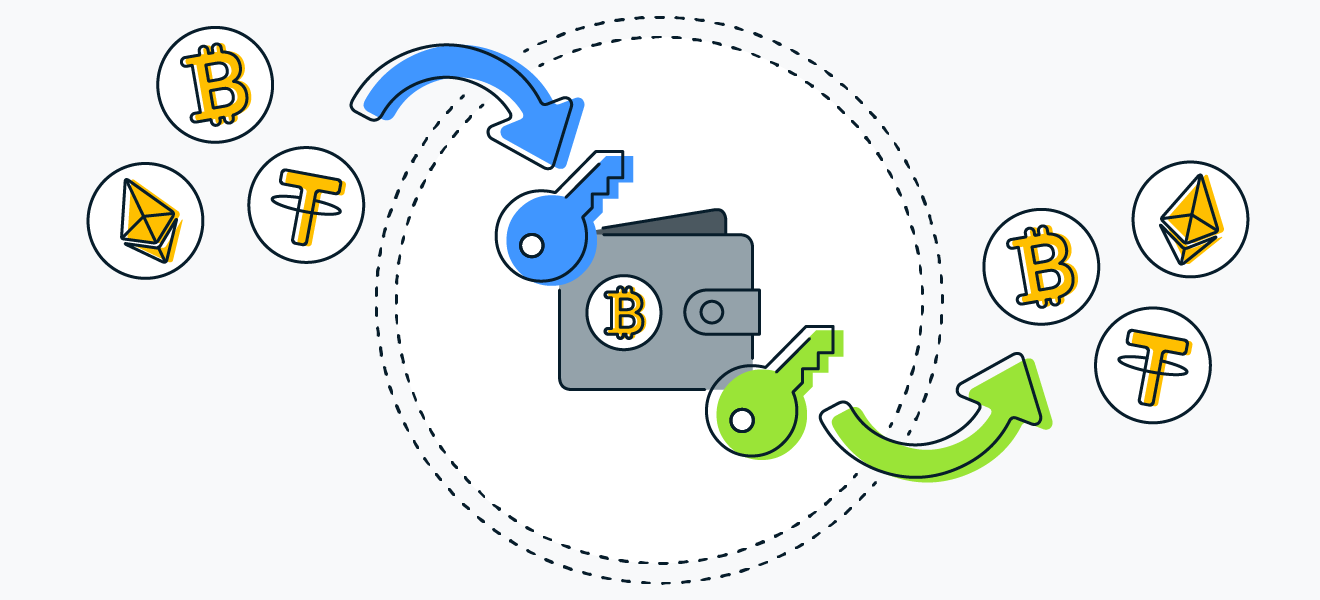
Cryptocurrency: Revolutionizing the World of Finance
In the past decade, the concept of money has undergone a radical transformation, thanks to the emergence of cryptocurrency. Cryptocurrency is a digital or virtual currency secured by cryptography, making it nearly impossible to fake or double-spend. It operates on decentralized networks based on blockchain technology, a distributed ledger enforced by a network of computers. But what exactly is cryptocurrency, and why is it garnering so much attention?
The Origins of Cryptocurrency

The story of cryptocurrency began in 2009 with the creation of Bitcoin by an anonymous individual or group known as Satoshi Nakamoto. Bitcoin was designed as a peer-to-peer electronic cash system that eliminated the need for intermediaries like banks. Its decentralized nature and promise of financial freedom captured the imagination of tech fans and libertarians alike.
Since then, thousands of cryptocurrencies have been created, each with unique features and purposes. Some, like Ethereum, enable decentralized applications and smart contracts, while others, like Litecoin, focus on faster transaction speeds. Despite their differences, they all share the fundamental principles of decentralization, security, and transparency.
How Cryptocurrency Works

At the heart of cryptocurrency is blockchain technology. A blockchain is a digital ledger that records all transactions across a network. Each transaction is grouped into a block, which is then added to a chain of previous blocks, forming a continuous, immutable record. This decentralized structure ensures that no single entity can control the network or alter the data.
Cryptocurrencies are created through a process called mining. Miners use powerful computers to solve complex mathematical problems, validating transactions and adding them to the blockchain. In return, they are rewarded with new cryptocurrency tokens. This process not only secures the network but also regulates the issuance of new coins.
The Advantages of Cryptocurrency
One of the biggest advantages of cryptocurrency is its ability to facilitate fast and cost-effective transactions. Traditional banking systems often involve high fees and lengthy processing times, especially for international transfers. Cryptocurrencies, on the other hand, can be sent anywhere in the world within minutes, often with minimal fees.
Another major benefit is financial inclusion. In many parts of the world, people lack access to traditional banking services. Cryptocurrency provides a way for these individuals to participate in the global economy using just a smartphone and an internet connection.
Moreover, cryptocurrencies offer greater privacy and security compared to traditional financial systems. Transactions are pseudonymous, meaning users can remain relatively anonymous. Additionally, the decentralized nature of cryptocurrencies makes them resistant to censorship and fraud.
Challenges and Criticisms

Despite its potential, cryptocurrency is not without its challenges. Price volatility is a significant concern, as the value of cryptocurrencies can fluctuate wildly within a short period. This makes them a risky investment and limits their use as a stable medium of exchange.
Regulatory uncertainty is another major hurdle. Governments around the world are grappling with how to regulate cryptocurrencies effectively without stifling innovation. Issues like money laundering, tax evasion, and fraud have also drawn criticism from policymakers and financial institutions.
Finally, the environmental impact of cryptocurrency mining has sparked debate. The energy-intensive process consumes significant amounts of electricity, leading to concerns about its sustainability.
The Future of Cryptocurrecy

As the world becomes increasingly digital, the role of cryptocurrency is likely to grow. Innovations like decentralized finance (DeFi) and non-fungible tokens (NFTs) are expanding the use cases of blockchain technology. Moreover, central banks are exploring the idea of digital currencies, which could coexist with cryptocurrencies in the future.
While challenges remain, the potential of cryptocurrency to revolutionize finance and empower individuals cannot be ignored. As technology evolves and adoption increases, cryptocurrency could redefine the way we think about money, ownership, and trust in the 21st century.
Follow Us
Trending News
Newsletter
Aliqu justo et labore at eirmod justo sea erat diam dolor diam vero kasd



